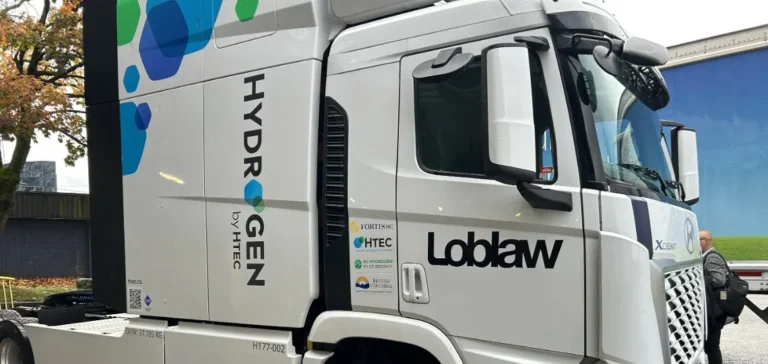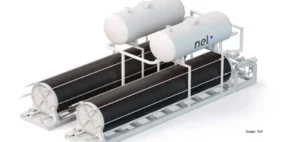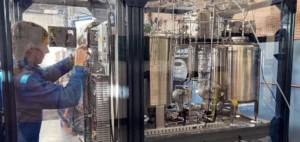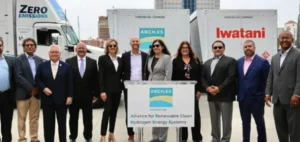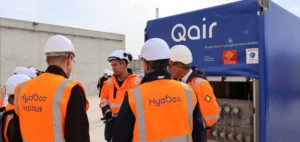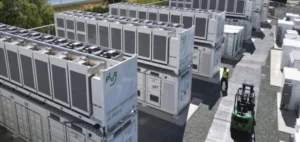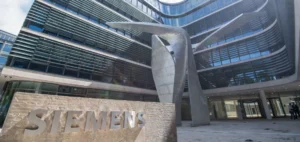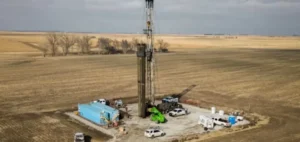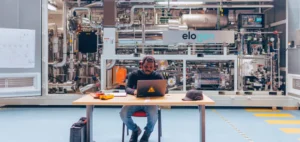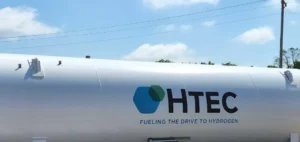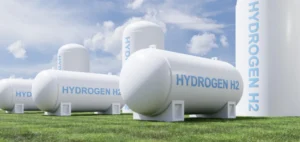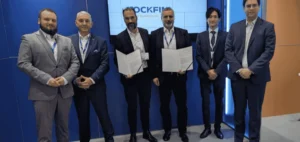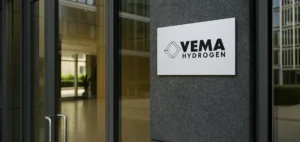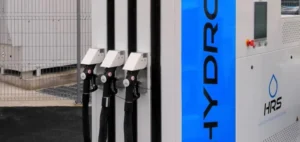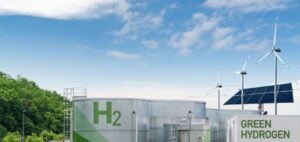Loblaw Companies Ltd. and FortisBC Energy Inc. have launched the first extended commercial demonstration of a hydrogen-powered Class 8 truck in British Columbia, supported by a broad public-private partnership. The vehicle has been making regular deliveries since mid-October, running between Vancouver and Squamish and logging hundreds of kilometres in commercial service.
A project backed by multiple stakeholders
The demonstration is part of a pilot programme funded in part by FortisBC’s Clean Growth Innovation Fund, which contributed CAD30,000 ($21,500). The truck, a Hyundai Xcient Fuel Cell model, is fuelled at HTEC’s Southeast Marine Drive hydrogen station in Vancouver and is leased from HTEC.
The operation is backed by Transport Canada, the Government of British Columbia, HTEC, Deloitte, the Alberta Motor Transport Association (AMTA), and the BC Trucking Association (BCTA). Data collection and analysis are being carried out under the federal Zero Emission Trucking Program, through the Deloitte and AMTA trucking testbeds.
Objective: evaluating real-world performance
The goal is to assess the truck’s performance under commercial operating conditions, including range, fuelling logistics, and reliability on mountainous routes. Insights from this demonstration will help guide future investment decisions in hydrogen vehicles and fuelling infrastructure across the province.
The truck operates along a mid-distance route with elevation changes, offering relevant conditions to monitor vehicle behaviour in representative freight operations. The demonstration will continue through the end of November, during which further deliveries will support data collection.
A technology under scrutiny in the heavy-duty sector
The trial comes as low-emission solutions for heavy-duty transport remain limited. Extended range and short refuelling times are often cited as advantages of hydrogen in long-haul trucking, a segment difficult to decarbonise using conventional battery-electric systems.
Industry and government stakeholders involved in the project see it as a critical learning opportunity to determine the commercial viability of fuel cell trucks in Western Canada.


